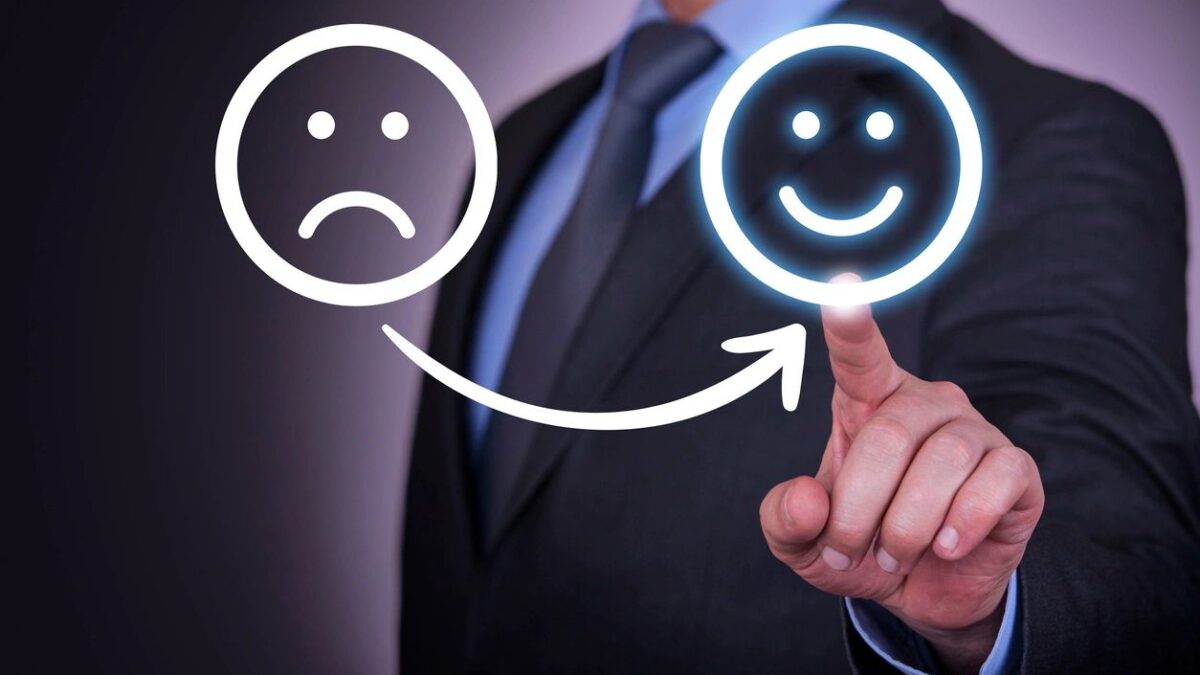
The moment you have kids, your perspective of life changes forever. Instead of worrying about yourself, you have little people to worry about. Life goes from putting yourself first to putting your kids above all else.
As a result, your life will also be filled with parental worries. Some of these will be irrational – like worrying if your child will still love you when they grow up! Others are genuine concerns – such as fearing for your child’s safety. There are simply so many things that can worry you, yet one of the biggest concerns is unlikely to be one that most parents consider or think about.
Yes, we’re talking about mental health. Everyone knows the importance of mental health discussions in this day and age. However, we’re usually approaching this topic from an adult standpoint. We talk about the need for men and women to speak up about mental health problems and to help one another – but what about kids?
It’s just as important to talk to your kids about mental health, and this is why:
Nearly 10% of children have anxiety
According to the CDC, 9.4% of kids suffer from anxiety, and 4.4% are depressed. What’s more, these figures have increased over time – only 5.4% of children aged 6-17 expressed either of these problems in 2003.
So, that’s already one reason to talk to your kids about this. More and more children are battling mental health problems without their parents knowing it. If you talk to them from a young age and understand how they’re feeling, you can take steps to get them professional help. It is worrying to know that some children struggle with mental health issues but may be unwilling to mention that to their parents. If you’re an observant primary caregiver, you will notice the subtle or glaring change in your child’s behavior. It is advisable to tackle this problem with friendly professional interventions. Something your child will be receptive to must be your guiding point. You can start by running an online search using related queries like Alpine Academy Utah to discover how such institutions can help resolve your child’s persistent anxiety issues.
Children with mental health issues are likely to underachieve
When a child has mental health problems, they are less likely to achieve their potential. This was discovered by a non-profit called Youth Villages, which works with young kids and families. If you think about it, it makes a lot of sense. Children that are consumed by anxiety and other mental health problems can’t focus on their talents.
Ultimately, it means they can underdevelop and set themselves up for a worse lot in life. As a parent, you can’t ignore things like this. It’s your duty to help your child achieve their potential. Talk to them and be open about mental health so they feel comfortable opening up. Again, this helps you get them back on the right track before it’s too late.
Undiagnosed mental health problems affect people for a lifetime
Children that have mental health issues and don’t get any help will be affected for life. They develop into teenagers and young adults, carrying this mental baggage with them. It can really disrupt their lives and cause a lifetime of bad thoughts and memories.
This is why it’s important to talk to your kids about things like this. Yes, mental health is a hard-hitting topic, but it can’t be skated around or avoided. The earlier you talk to kids about this, the better. It lets them make sense of how they’re feeling, which can be liberating in a way! But, it also lets you help them from a young age. They get advice and professional guidance, meaning they won’t always battle mental demons for the rest of their lives.















